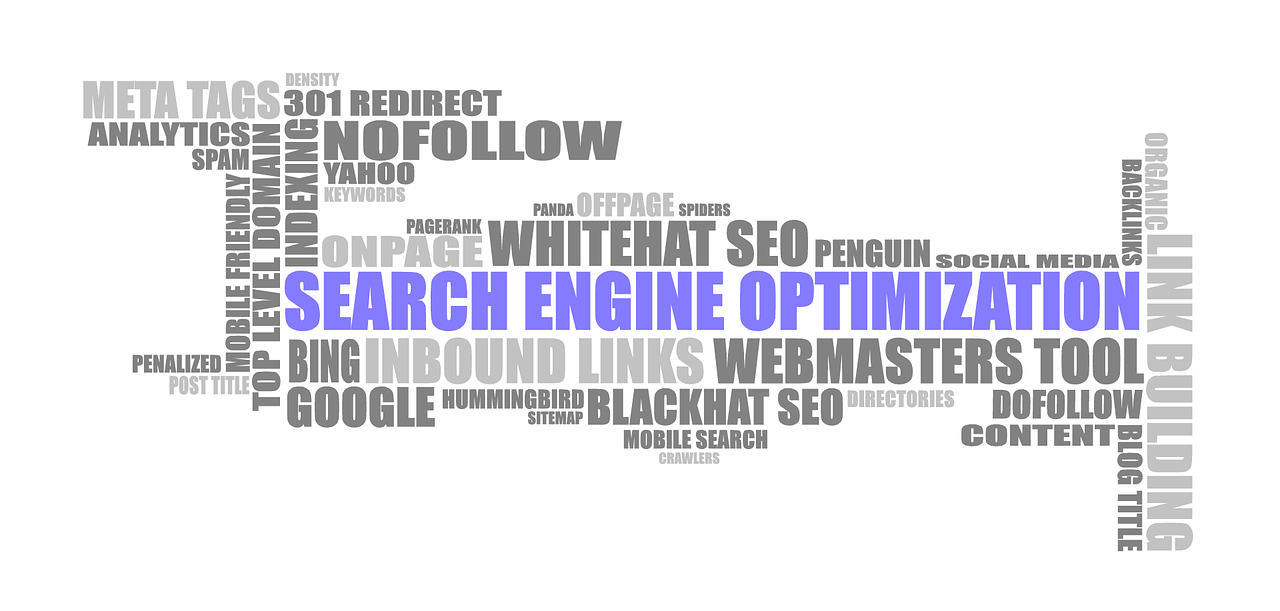Understanding semantic search: how it revolutionizes information retrieval
|
IN BRIEF
|
Semantic search represents a significant advancement in the field of information retrieval. By focusing on the context and intent behind search queries, it moves beyond traditional keyword matching to provide users with more relevant and meaningful results. This innovative approach enhances the way we access and process information, allowing for a more intuitive and personalized search experience. Through the utilization of sophisticated algorithms, semantic search is reshaping our interactions with data, making the acquisition of information not only more efficient but also more aligned with human understanding.

Understanding Semantic Search
Semantic search is a groundbreaking approach that enhances the way data is retrieved and processed by focusing on the meaning behind the information instead of relying solely on keyword matching. Unlike traditional search methods, which can often return irrelevant results simply by regurgitating terms from the query, semantic search aims to interpret the intent and context of the user’s question. For instance, when a user types “best places to eat in Paris,” a semantic search engine recognizes the geographical and topical context, allowing it to present more pertinent recommendations rather than just local restaurants that happened to match the words.
This method leverages advanced natural language processing techniques, enabling a deeper understanding of the nuances of human language. By interpreting queries in a more sophisticated manner, semantic search produces tailored results that align with user expectations. It could, for example, recognize synonyms or related concepts, ensuring that even if the exact terms are not used, the information retrieved is highly relevant. By doing so, semantic search transforms information retrieval, paving the way for a more intuitive and personalized search experience.

Understanding Semantic Search
Semantic search represents a significant evolution in the field of information retrieval, leveraging artificial intelligence to improve the way users discover data online. Unlike traditional search methods that rely predominantly on keyword matching, semantic search dives deeper into the context and intent behind search queries. This approach enables search engines to interpret the meaning and nuances within user queries, leading to results that are not only more relevant but also more personalized.
For instance, when a user types “best restaurants near me,” a semantic search engine doesn’t just look for pages that contain these exact words. Instead, it recognizes the intent behind the query—namely, the user’s desire for dining options in their proximity. By analyzing factors such as location, previous search history, and even the popularity of certain establishments, semantic search delivers a curated list of restaurants tailored to the user’s preferences.
This transformational shift offers significant advantages, including improved accuracy in information retrieval. Research demonstrates that users experience a more intuitive search experience, which can lead to higher engagement rates. Moreover, as semantic search understands the intricacies of human language, it responds adeptly to colloquial phrases and variations in terminology, making it a powerful tool for both consumers and businesses.
As such, embracing semantic search is pivotal for digital marketers looking to enhance their SEO strategies. Understanding how to implement techniques like LSI keywords and grasping the fundamentals of SEO can significantly improve website visibility and user engagement.
The Significance of Semantic Search
Understanding the Mechanism
Semantic search represents a significant advancement in how information is retrieved, marking a shift from traditional keyword-based methods to strategies that prioritize user intent and the contextual meaning of queries. This approach enhances the search experience by offering results that are not only relevant but also intuitive. For instance, when a user types “best places to eat,” a semantic search understands that they are looking for recommendations rather than just a list of names, thus enhancing user satisfaction.
This innovative technology can be illustrated through real-world applications. Companies using semantic search can see improvements in customer engagement, as users find what they need with less effort. A notable case is an e-commerce site that implemented semantic search algorithms. Post-implementation, they observed a significant increase in conversion rates due to more accurate product recommendations based on users’ search history and preferences.
- Improved accuracy in search results that align with user expectations.
- Enhanced ability to understand and interpret nuanced queries, fostering better user experience.
- Context-aware outputs that account for the semantics of search terms.
- The capability to accommodate variations in language and colloquialisms, improving accessibility.
The implications of adopting semantic search extend beyond basic improvements in information retrieval. They resonate throughout SEO strategies, user engagement metrics, and overall customer satisfaction across platforms.

Understanding Semantic Search and Its Impact
Semantic search represents a significant evolution in how data can be retrieved and processed. Rather than relying on the mere matching of keywords, this technique delves into the intent and context behind search queries. As a result, it produces more relevant and meaningful search results that align closely with user expectations.
This intelligent approach to information retrieval enhances the search experience by considering the nuances of human language. Semantic search algorithms analyze the relationships between words and concepts, allowing for a deeper understanding of the semantics involved. By prioritizing context over mere syntax, users benefit from searches that are not only intuitive but also personalized to their needs.
The implications of semantic search stretch beyond improved search results. This technological advancement has a transformative effect on SEO, driving strategies focused on content relevance and user intent. By utilizing tools like schema markup and understanding LSI keywords, businesses can enhance their visibility and engagement in a landscape increasingly influenced by semantic search.

Semantic search represents a paradigm shift in the way we retrieve information, prioritizing the understanding of user intent and contextual meaning over simple keyword matching. By analyzing the nuances of human language, semantic search enables more intelligent data processing, resulting in search results that are not only relevant but also tailored to individual needs.
This innovative approach enhances the user experience by transforming the searching process into a more intuitive and personalized interaction. Traditional search engines often fall short, delivering results that may not align with what the user truly seeks. In contrast, semantic search addresses this challenge by utilizing advanced algorithms that understand queries at a deeper level, thereby providing more precise outcomes.
As we continue to advance in information retrieval technologies, the implications of semantic search resonate across various fields, including digital marketing and SEO. The potential to improve accuracy and relevancy in search results invites further exploration and innovation, signaling a bright future for semantic search and its impact on how we access information.














Post Comment